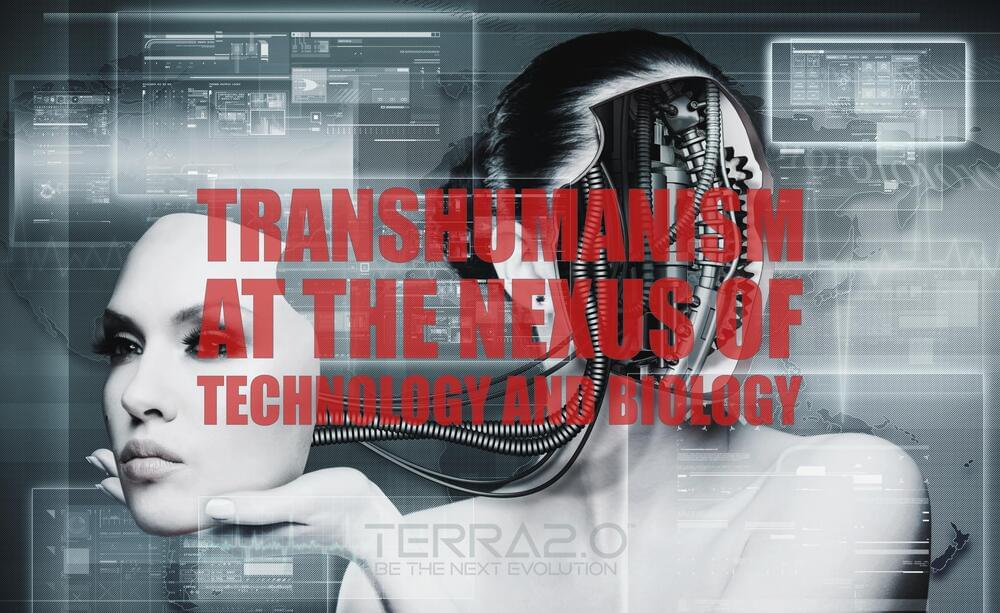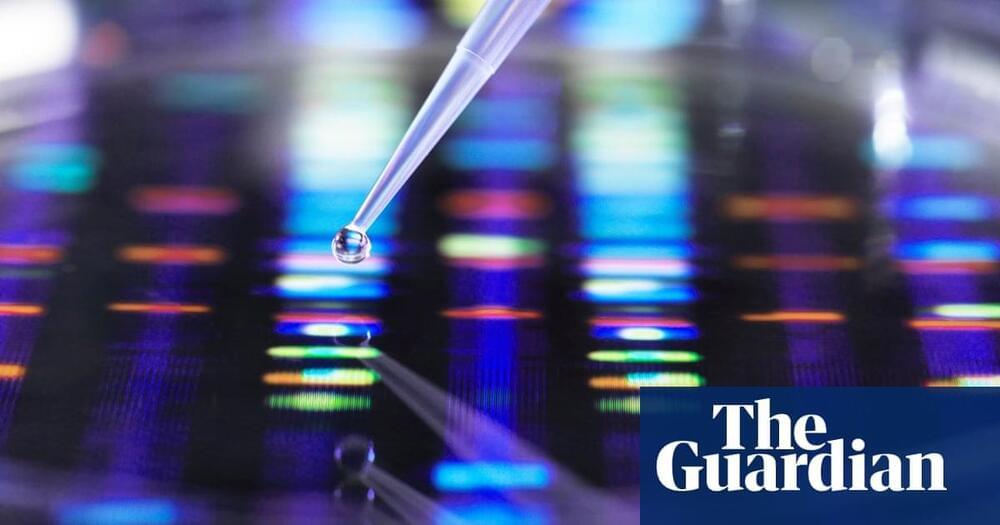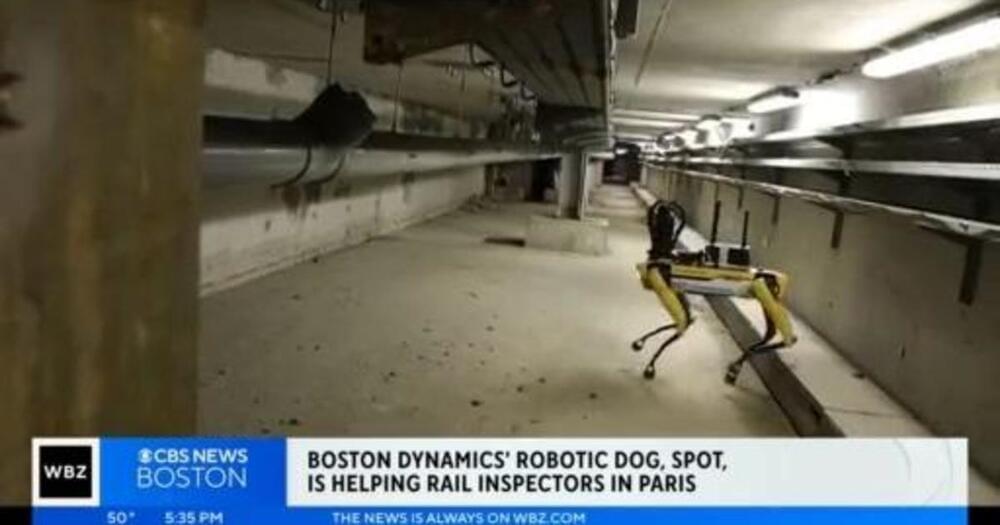R. Srikumar is Senior Vice President, Head Portfolio Group at Mphasis.
As technology advances at an unprecedented rate, it is easy to assume that all countries and regions have equal access to the latest innovations. However, that is not always the case. Emerging markets often lack the infrastructure and resources necessary to keep up with technological advancements. But instead of being left behind, these regions have embraced “leapfrog innovation” to catch up and even surpass more developed markets.
Leapfrog innovation refers to the process of bypassing traditional technologies and adopting newer, more advanced technologies to meet the specific needs of emerging markets. This approach has increasingly become the norm in some areas of Southeast Asia and Africa, where the lack of infrastructure, limited resources and rapidly growing populations have made traditional development approaches difficult to implement.





